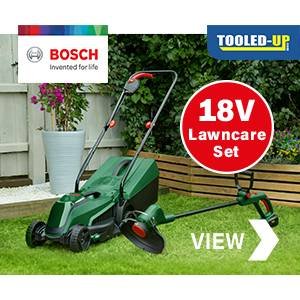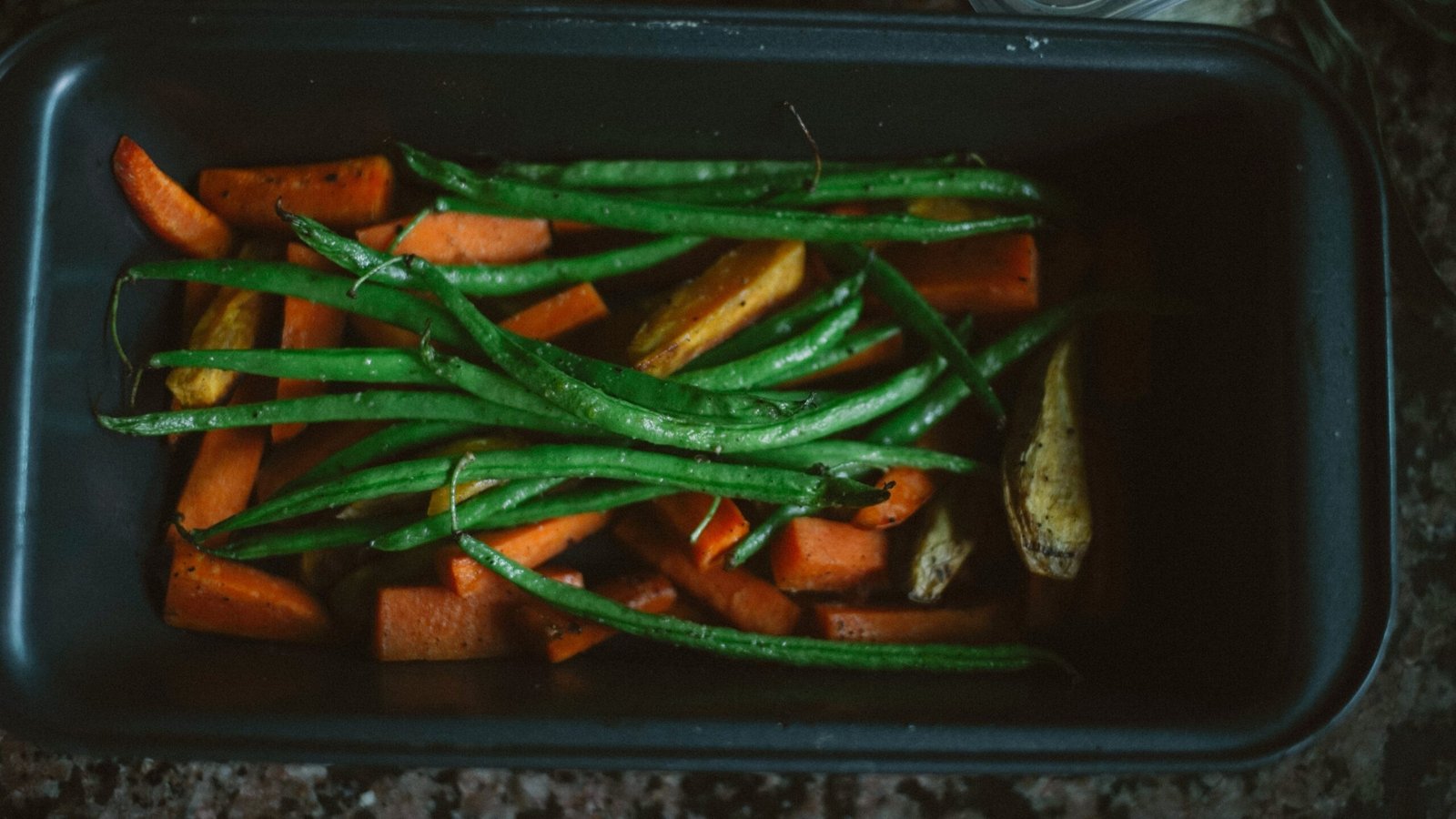Welcome to the ultimate step-by-step guide on how to grow your own raspberries! Whether you have a small garden or a spacious garden, growing raspberries can be a rewarding and enjoyable experience. In this comprehensive guide, we will walk you through everything you need to know to successfully grow and harvest your own delicious raspberries right here in the UK.
Why Should I Grow Raspberries?
First and foremost, growing raspberries allows you to enjoy the freshest and most flavorful berries right from your own garden. The taste of homegrown raspberries is simply unmatched by anything you can find in stores. Additionally, raspberries are packed with essential vitamins, minerals, and antioxidants, making them a healthy and nutritious snack for the whole family.
Where is the Ideal Location to Grow Raspberries?
Raspberries thrive in a sunny spot, so choose a location in your garden that receives at least six hours of direct sunlight each day. It’s also important to ensure good air circulation around the plants to prevent the development of diseases. If possible, choose a spot that is sheltered from strong winds.
Soil Type and Preparing the Soil
Raspberries prefer well-draining soil that is rich in organic matter. Before planting, prepare the soil by removing any weeds and incorporating compost or well-rotted manure. This will help improve the soil structure and provide essential nutrients for your raspberry plants.
Watering Tips and Hints
Proper watering is crucial for the success of your raspberry plants. Keep the soil consistently moist, especially during dry spells. Avoid overwatering, as this can lead to root rot. Mulching around the plants can help retain moisture and suppress weed growth.
Sowing and Planting Raspberries
Raspberries can be grown from either seeds or plants. If you choose to start from seeds, sow them indoors in early spring and transplant the seedlings outdoors once the danger of frost has passed. Alternatively, you can purchase raspberry plants from a reputable nursery and plant them directly in your garden.
How to Grow Raspberries from Seed
To grow raspberries from seeds, start by filling a seed tray with a seed compost mix. Moisten the compost and scatter the seeds evenly over the surface. Cover the tray with a clear plastic lid or place it inside a plastic bag to create a mini greenhouse effect. Keep the tray in a warm location and ensure the compost remains moist. Once the seedlings have developed a few leaves, transplant them into individual pots and continue to care for them until they are ready to be planted outdoors.
How to Plant Out Raspberries
When planting raspberries, dig a hole that is wide and deep enough to accommodate the roots of the plant. Place the raspberry plant in the hole, ensuring that the crown is level with the soil surface. Backfill the hole with soil, gently firming it around the roots. Space the plants about two feet apart to allow for proper airflow and growth.
General Care for Raspberries
Regularly check your raspberry plants for pests and diseases, such as aphids or powdery mildew. Prune the canes in late winter or early spring to promote new growth and remove any dead or damaged canes. Apply a balanced fertilizer in early spring and provide support for the canes using stakes or a trellis.
How to Harvest Raspberries
Raspberries are ready to be harvested when they are fully ripe and easily detach from the plant with a gentle tug. Pick the berries regularly to encourage continuous fruiting. Be careful not to crush or bruise the delicate berries during harvest.
How to Store Raspberries
Raspberries are best enjoyed fresh, but if you have an abundance of berries, you can store them in the refrigerator for up to three days. Arrange the berries in a single layer on a paper towel-lined tray and place them in the fridge. Avoid washing the berries until you are ready to use them, as excess moisture can cause them to spoil faster.
Problems in Growing Raspberries, Pests, and Diseases
While raspberries are relatively easy to grow, they can be susceptible to certain pests and diseases. Common problems include aphids, spider mites, and fungal diseases like powdery mildew. Regularly inspect your plants and take appropriate measures, such as using organic pest control methods or applying fungicides, to prevent and manage these issues.
Where to Buy Raspberries
You can purchase raspberry plants from local garden centers or online nurseries. Look for reputable sources that offer healthy and disease-free plants. Consider buying certified organic plants if you prefer to grow your raspberries using organic methods.
What are the Best Raspberry Varieties to Grow and Why?
There are numerous raspberry varieties available, each with its own unique flavor and characteristics. Some popular varieties for UK gardens include ‘Autumn Bliss,’ ‘Glen Ample,’ and ‘Tulameen.’ Choose varieties that are well-suited to your climate and desired harvest time. Consider factors such as disease resistance, flavor, and fruit size when selecting the best raspberry varieties for your garden.
What Tools Will I Need to Grow Raspberries?
Here are some essential tools you’ll need to grow raspberries:
- Garden spade or fork for digging
- Garden gloves to protect your hands
- Secateurs for pruning
- Supports, such as stakes or a trellis, for the canes
- Watering can or hose for watering
- Mulch for weed suppression and moisture retention
Conclusion
Growing your own raspberries is a rewarding and fulfilling experience. With the right location, soil preparation, and care, you can enjoy a bountiful harvest of delicious berries year after year. Whether you have a green thumb or are new to gardening, follow this comprehensive guide to successfully grow your own raspberries at home in the UK.
Frequently Asked Questions
Q: How long does it take for raspberry plants to bear fruit?
A: Raspberry plants typically take about two years to start bearing fruit. However, some varieties may produce a small crop in their first year.
Q: Can I grow raspberries in containers?
A: Yes, raspberries can be grown in containers. Choose a large container with good drainage and provide support for the canes.
Q: When is the best time to plant raspberries?
A: The best time to plant raspberries is in late autumn or early spring when the soil is workable and temperatures are cooler.
Q: How long do raspberry plants live?
A: Raspberry plants can live for several years, with proper care and maintenance. However, their productivity may decline after about 10-12 years, and it’s advisable to replace them at that point.
Keywords: how to grow raspberries, growing raspberries, grow your own raspberries, raspberries in the UK, raspberries varieties, raspberry plants, raspberry care, raspberry harvest, raspberry storage, raspberry problems, raspberry pests, raspberry diseases, buying raspberries, raspberry tools




































